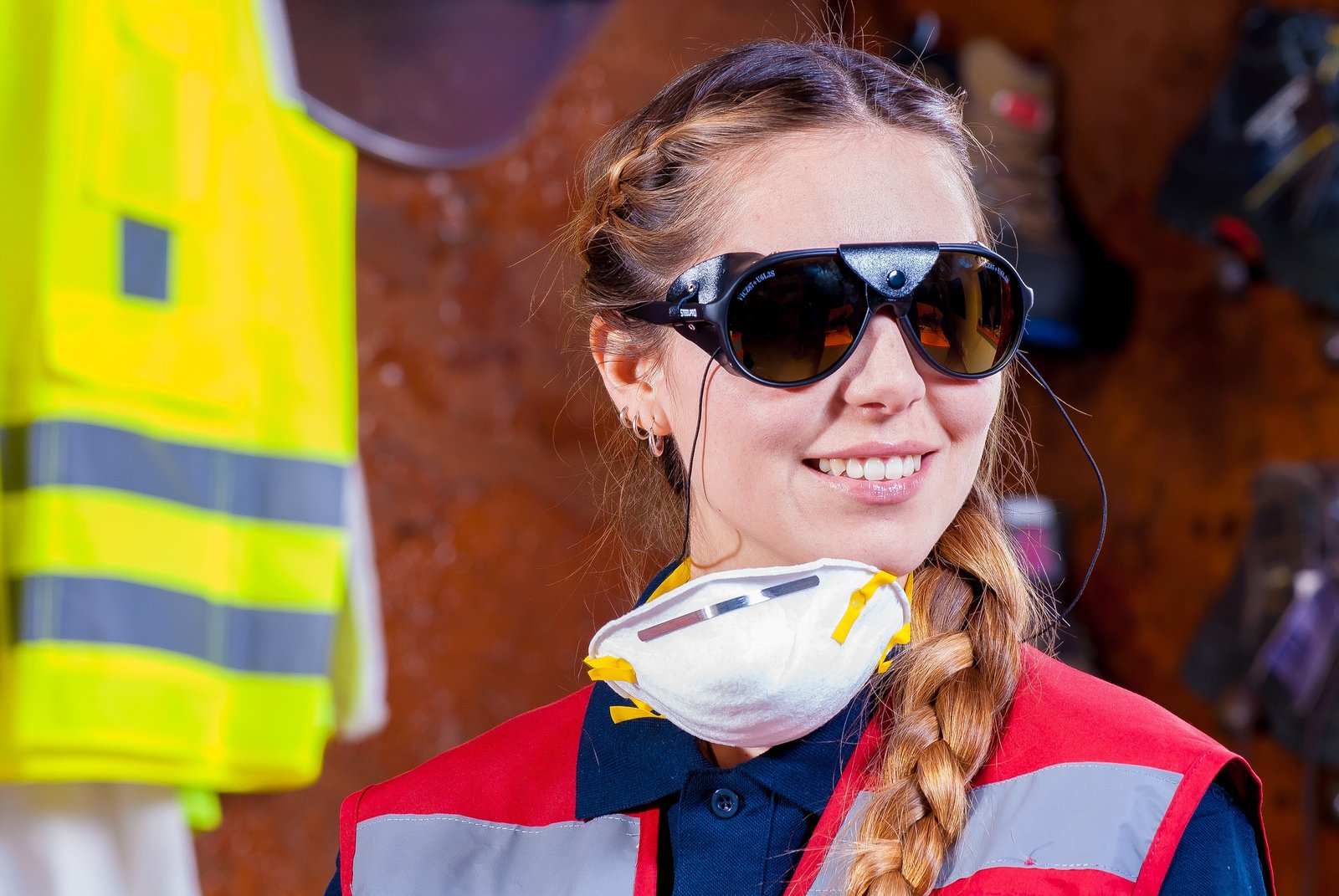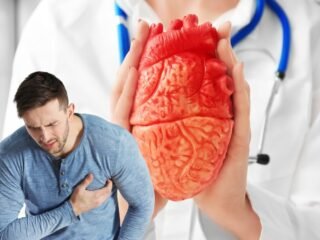Facial mask protects you from COVID 19. Use of it also reduces the spread of COVID-19.
However, a new study has revealed that filtering efficiency of face masks get adversely affected by repeated coughing.
Scientists, including Talib Dbouk and Dimitris Drikakis from the University of Nicosia in Cyprus, used computer models to arrive at this conclusion.
The study has been published in the journal Physics of Fluids
They recommend complete personal protective equipment for healthcare workers including helmets with built-in air filters, and face shields.
Earlier, through computer simulations the researchers showed that droplets of saliva can travel 18 feet in five seconds when an unmasked person coughs.
In the current study, researchers used an extended model to consider the effect of multiple cycles of coughing on the filtering efficiency of face masks.
According to the study, while masks can reduce the spread of airborne droplets, their effectiveness is adversely affected by repeated coughing, as might happen when an individual is ill.
The scientists recommend social distancing to prevent the spread of COVID as the use of a mask does not provide complete protection.
In the analysis, the researchers modelled a sequence of coughs by applying several cycles of forward-directed velocity pulses to the initial droplets. They then performed numerical simulations to account for droplet interactions with the porous filter in a surgical mask.
According to the scientists, even when a mask is worn, some droplets can travel a considerable distance, up to one metre, during bouts of mild coughing. Without a mask, they said droplets travel twice as far, adding that wearing a mask will help.
While masks also decrease the number of droplets leaking out the sides of the mouth, they fail to eliminate this entirely, the researchers said.







